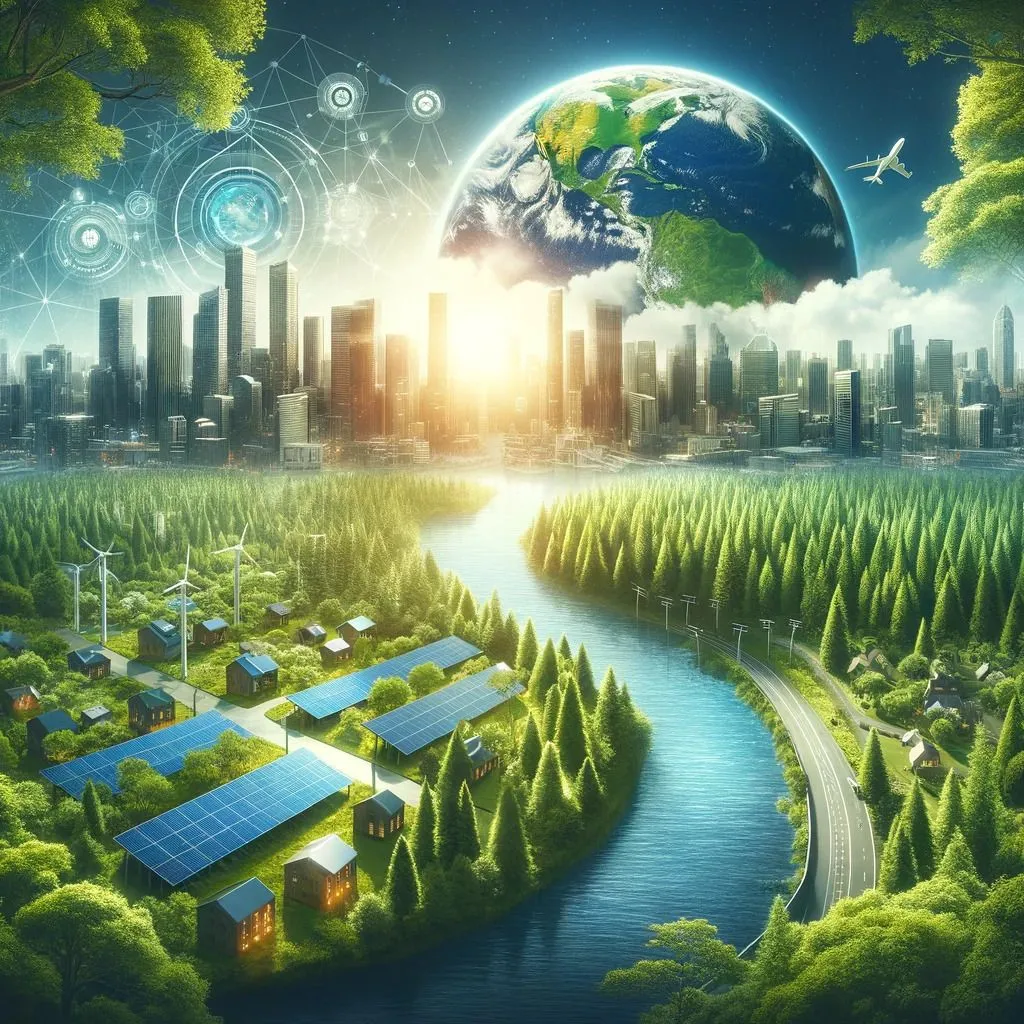
In recent developments, a study has highlighted the vital role of nature-based solutions in combating climate change, emphasizing the necessity of these efforts alongside significant reductions in greenhouse gas emissions. This approach underscores the increasing acknowledgment within the scientific community that solutions to climate change must be multi-faceted, incorporating both technological advancements and natural processes to create sustainable impacts on the environment.
Nature-based solutions, which include reforestation, wetlands restoration, and urban green spaces, offer a plethora of benefits such as carbon sequestration, biodiversity conservation, and enhanced ecosystem services. However, researchers caution that these initiatives alone are insufficient to curb the global temperature rise unless coupled with aggressive actions to diminish fossil fuel consumption and greenhouse gas production.
The study's implications are profound, suggesting a roadmap for policymakers, businesses, and communities to follow. By integrating nature-based strategies with decisive emission reduction policies, there is a tangible pathway toward achieving the Paris Agreement goals and limiting global warming to well below 2 degrees Celsius above pre-industrial levels.
Moreover, the emphasis on dual strategies highlights the interconnectedness of environmental challenges and the need for holistic solutions that address both the symptoms and the underlying causes of climate change. As the world grapples with the escalating impacts of a warming planet, the message is clear: a concerted, integrated effort is essential for a sustainable future.
In light of these findings, the conversation around climate change mitigation is expected to evolve, focusing increasingly on how various approaches can be harmonized for maximum effect. The study serves as a crucial reminder of the power of combining human ingenuity with nature's resilience, offering hope and a clear direction for the global community in its quest to safeguard the planet for future generations.